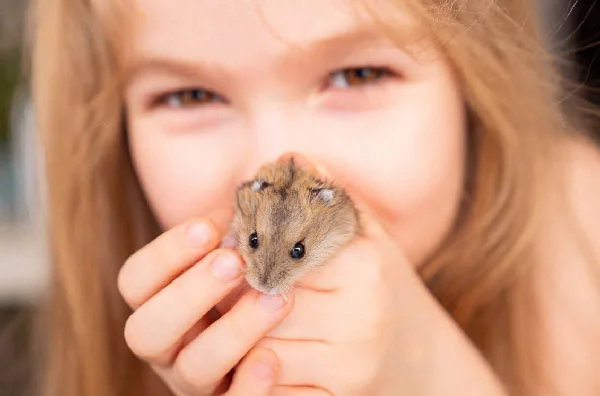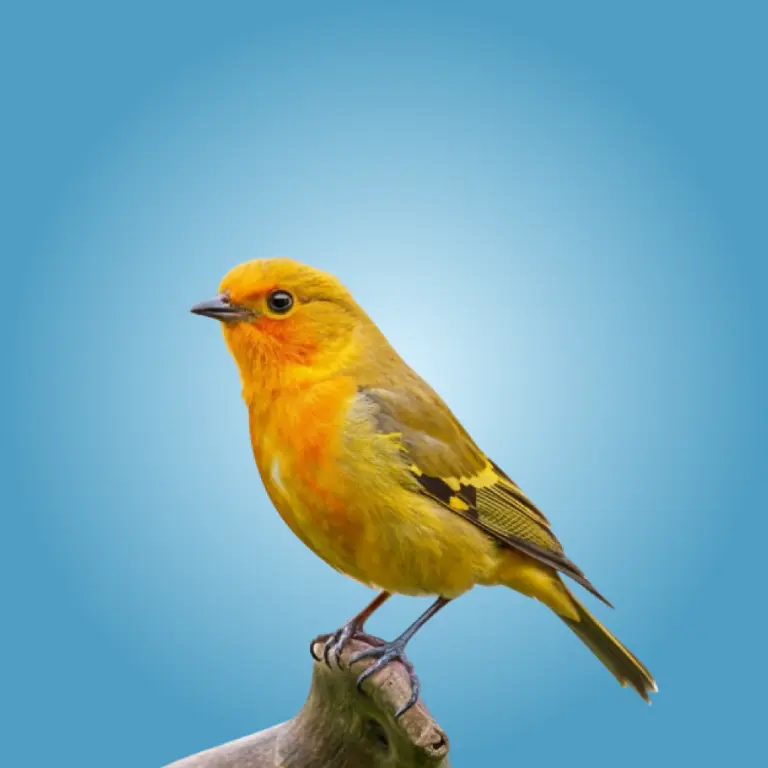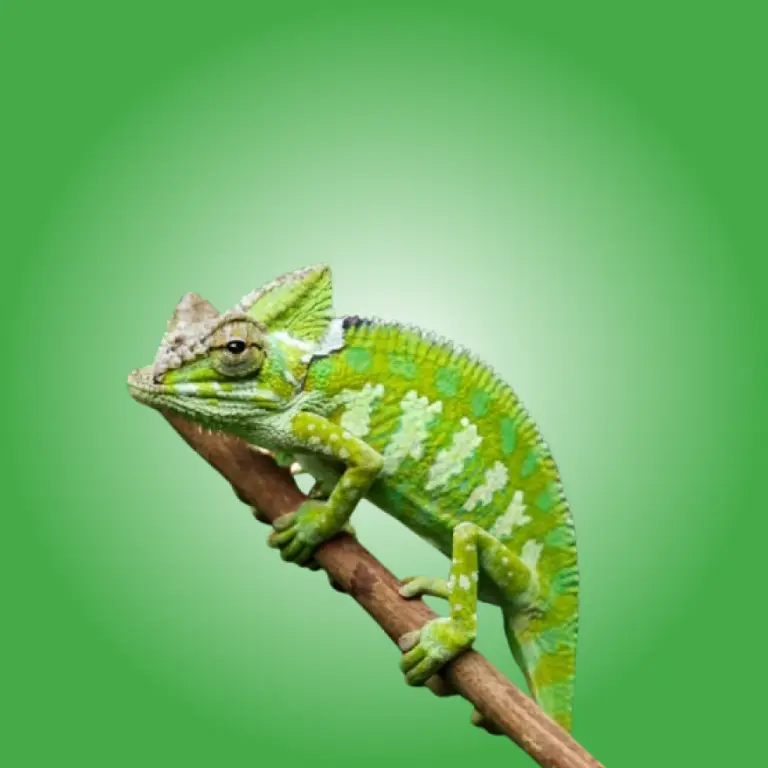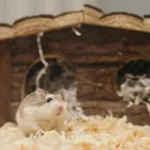Hamsters are indeed nocturnal creatures. This means that while you’re winding down for the night, your little friend is just gearing up for a night of activity. These tiny critters love to burrow and explore when the sun goes down, making them perfect companions for night owls but maybe not the best fit if you’re a light sleeper.
Quick Hamster info
- Lifespan: 2-3 years
- Diet: Seeds, grains, vegetables, and occasional treats
- Activity: Nocturnal
- Habitat: Spacious cage, aquarium, or modular habitat
- Health: Regular vet check-ups and a clean living environment
Is a Hamster the Right Pet for You?
Deciding if a hamster is the right pet for you involves considering various factors. Hamsters are low-maintenance compared to cats or dogs, but they still need care and attention. Are you ready for the responsibility of another life in your home? Think about your daily routine, your patience level, and your commitment to providing a loving environment.
Match Their Schedule with Yours
Since hamsters are nocturnal, they might not be the best fit for you if your schedule conflicts with their active hours. If you work a 9-to-5 job and value quiet nights, a hamster’s nighttime antics could disrupt your sleep. However, if you’re a night owl, you might find their nighttime activities entertaining and endearing.
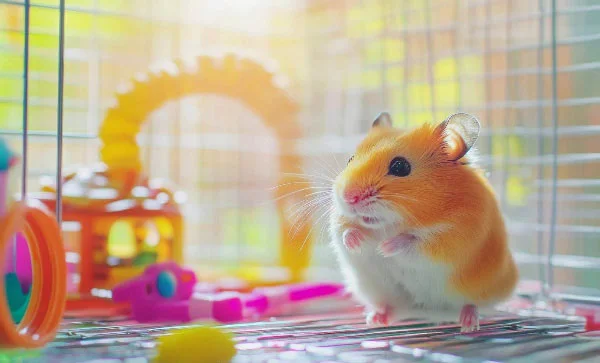
Hamsters and Children
Hamsters can be a delightful pet for children, teaching them responsibility and empathy. However, due to their small size and delicate nature, hamsters need to be handled gently. It’s crucial to watch the interactions between young children and hamsters to ensure the safety of them.
Impact on Your Health
Owning a hamster can positively help your mental health. These little companions can reduce stress and provide a sense of comfort. However, it’s important to note that hamsters can carry allergens, so if you or someone in your household has allergies, a hamster might not be the best choice.
Essential Bedding and Nesting Materials
Providing the right bedding and nesting materials is crucial for your hamster’s comfort. Avoid cedar and pine shavings. they are harmful for them . try paper-based or aspen bedding, these are safe and absorbent. Additionally, provide nesting materials like shredded paper or hay for them to create a cozy nest.

Providing a Nesting Box
A nesting box offers your hamster a private, secure place to sleep and store food. It mimics the burrows they would create in the wild, helping them feel safe and secure. You can purchase a nesting box or make one from a small cardboard box.
Selecting the Right Hamster Chow
Choosing the right hamster chow is vital for your pet’s health. Look for a balanced commercial hamster food that includes seeds, grains, and pellets. Supplement their diet with fresh vegetables and occasional treats for a well-rounded diet.
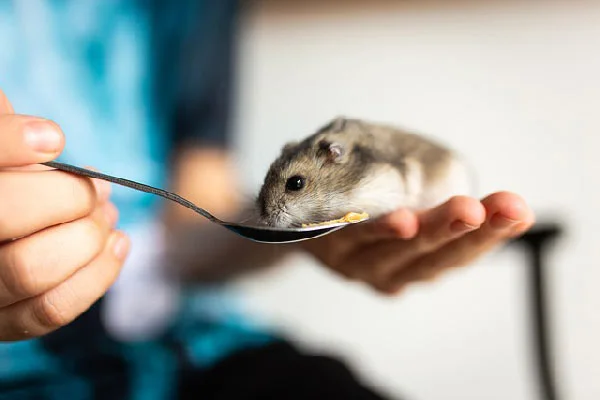
Understanding Time Requirements
While hamsters are low-maintenance, they still require daily care. Feeding, cleaning their cage, and providing interaction are all part of hamster ownership. Make sure you have enough time to dedicate to your hamster’s well-being.
Preparing for the Commitment
Owning a hamster is a long-term commitment, typically ranging from 2 to 3 years. Before bringing one home, ensure you’re ready for the responsibility. Consider your future plans and whether you can provide consistent care throughout your hamster’s life.
Owning Pets in Areas Where It’s Illegal
It’s important to check local laws regarding pet ownership. In some places, owning certain types of hamsters may be restricted or illegal. Make sure you’re informed about any regulations in your area to avoid legal issues and ensure the well-being of your pet.



